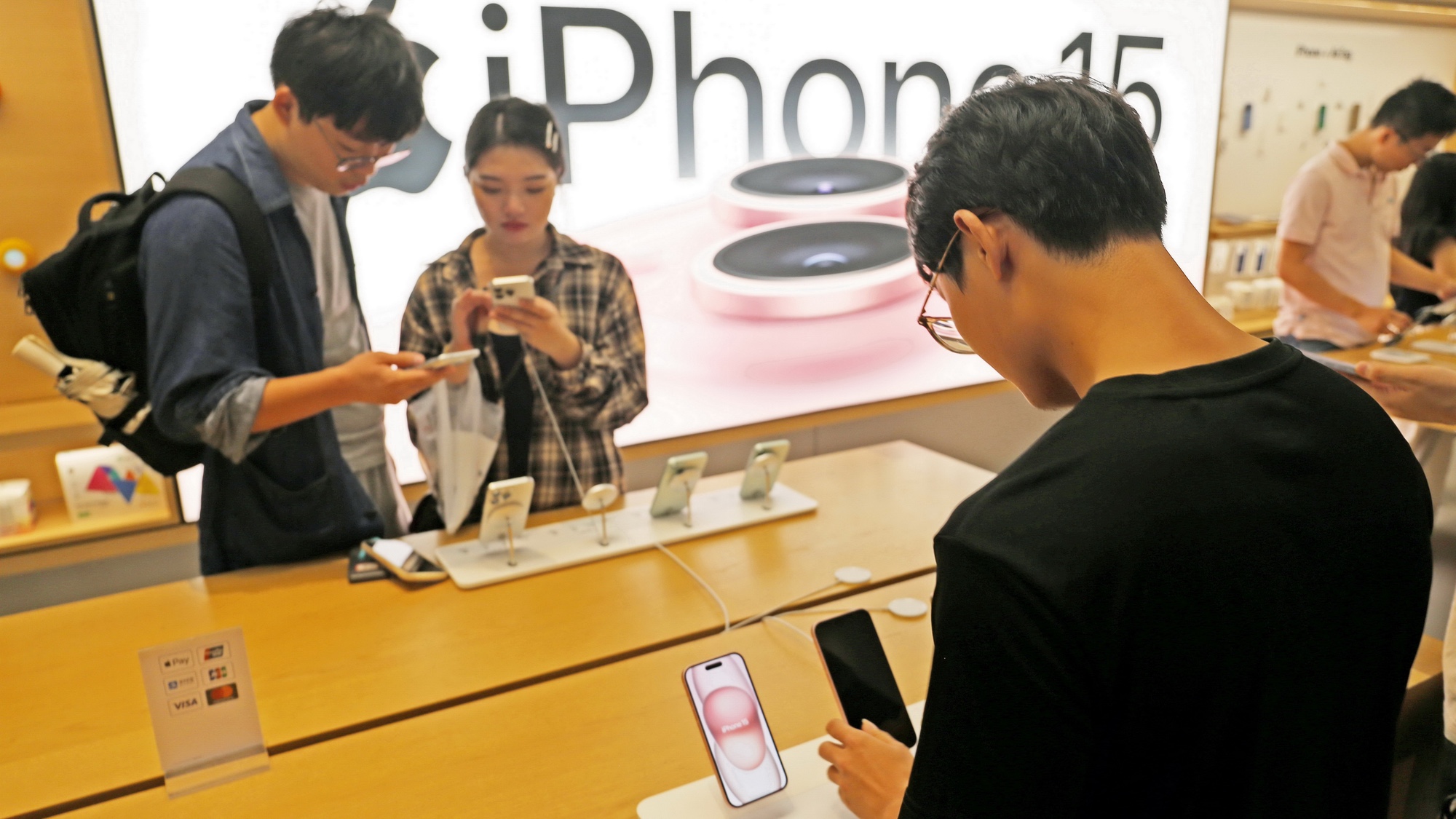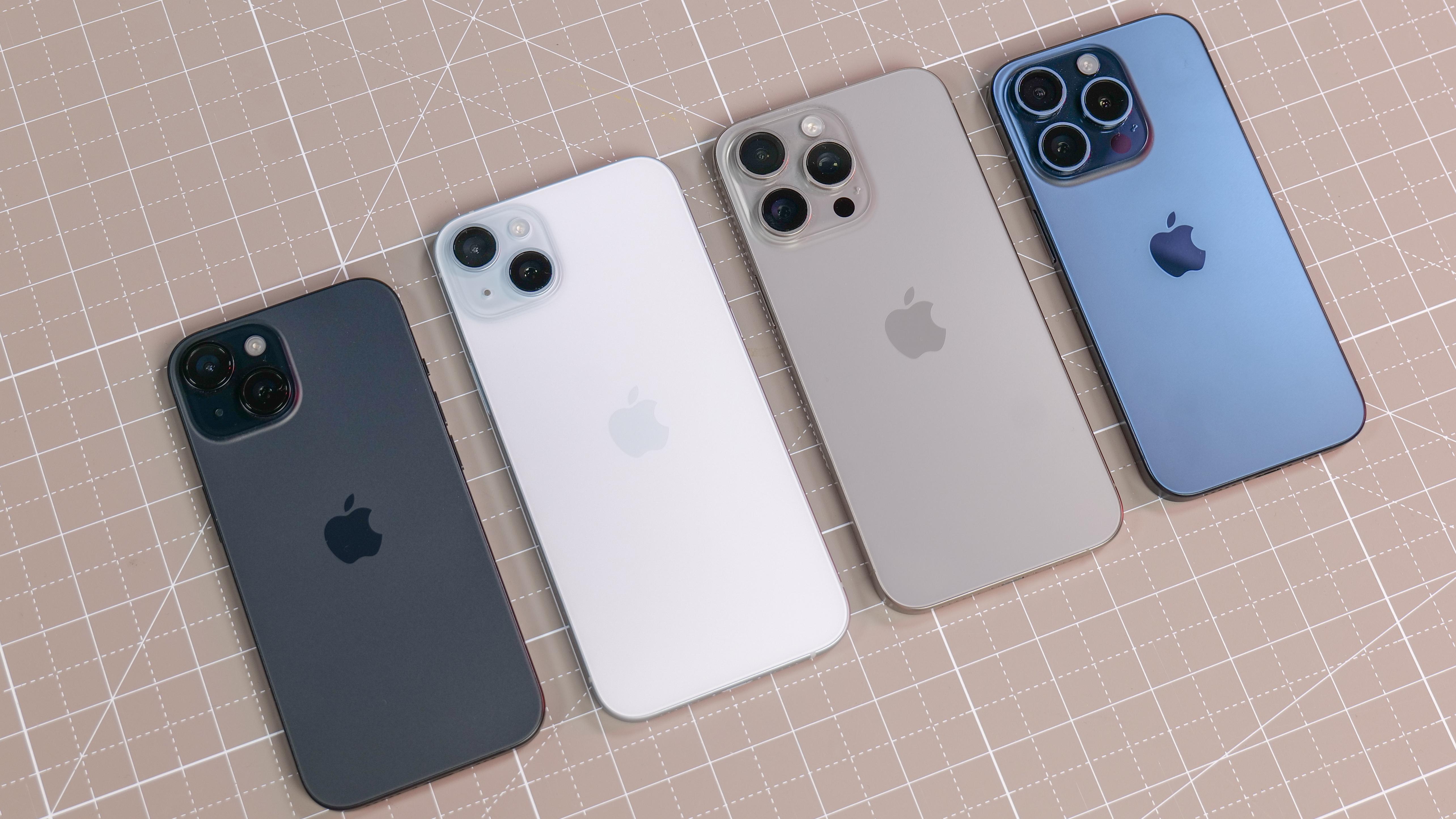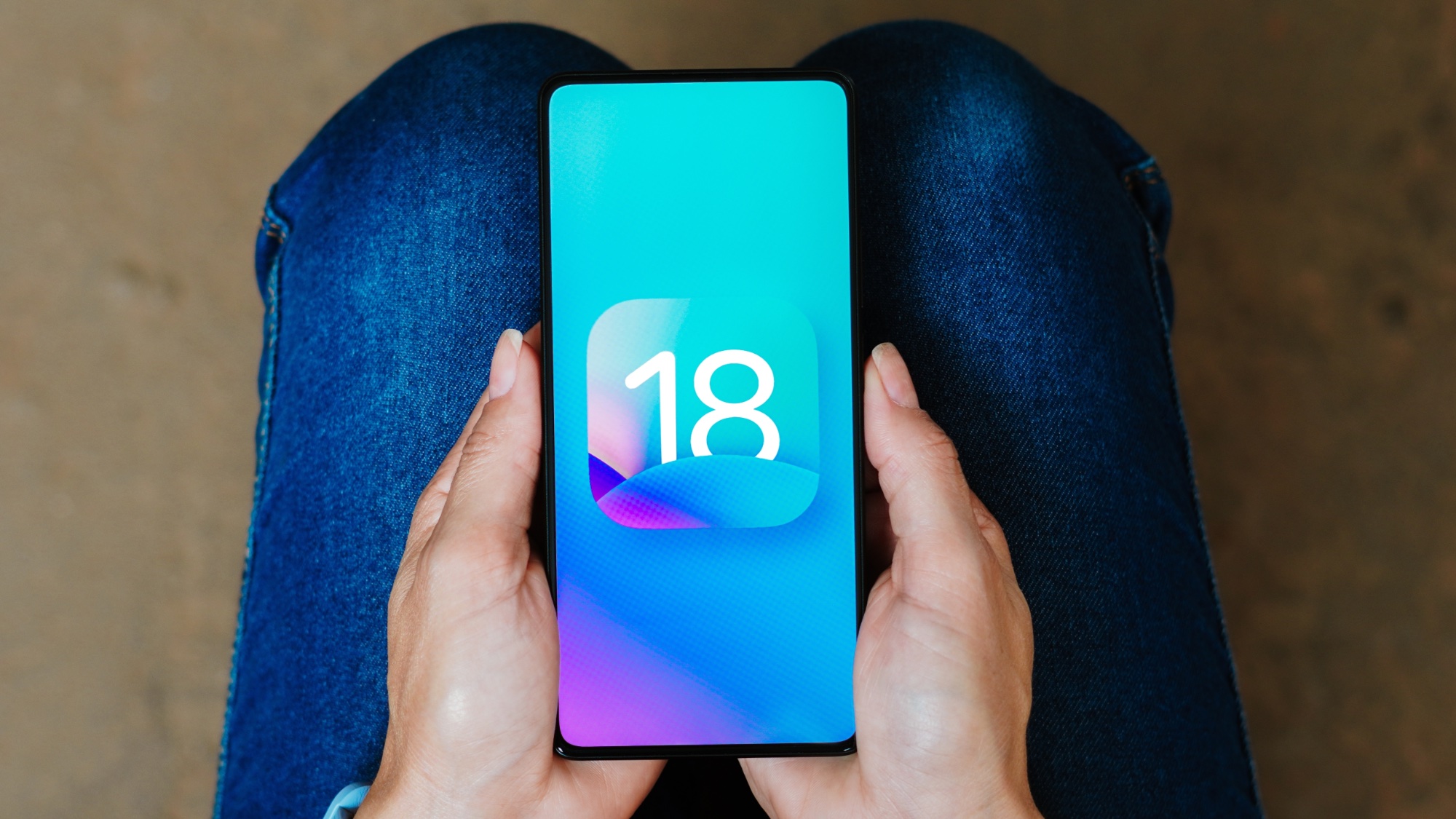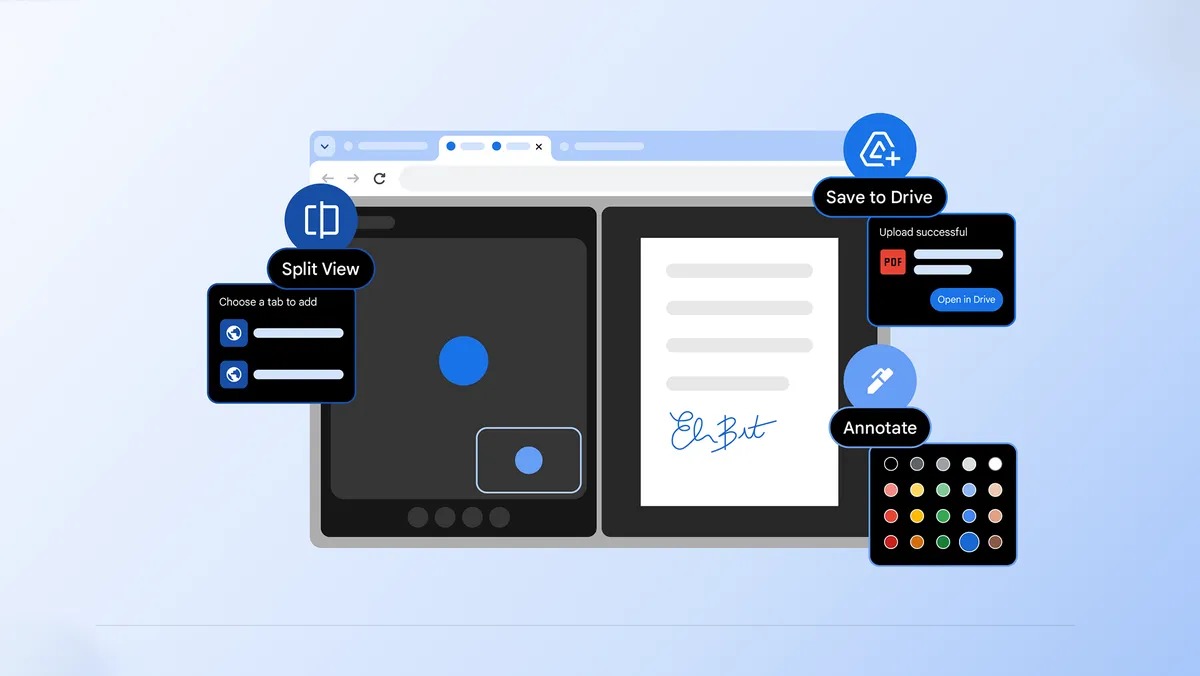iPhone 15 sales stall — here's why Apple's not worried
AI to the rescue?

Here at Tom’s Guide our expert editors are committed to bringing you the best news, reviews and guides to help you stay informed and ahead of the curve!
You are now subscribed
Your newsletter sign-up was successful
Want to add more newsletters?

Daily (Mon-Sun)
Tom's Guide Daily
Sign up to get the latest updates on all of your favorite content! From cutting-edge tech news and the hottest streaming buzz to unbeatable deals on the best products and in-depth reviews, we’ve got you covered.

Weekly on Thursday
Tom's AI Guide
Be AI savvy with your weekly newsletter summing up all the biggest AI news you need to know. Plus, analysis from our AI editor and tips on how to use the latest AI tools!

Weekly on Friday
Tom's iGuide
Unlock the vast world of Apple news straight to your inbox. With coverage on everything from exciting product launches to essential software updates, this is your go-to source for the latest updates on all the best Apple content.

Weekly on Monday
Tom's Streaming Guide
Our weekly newsletter is expertly crafted to immerse you in the world of streaming. Stay updated on the latest releases and our top recommendations across your favorite streaming platforms.
Join the club
Get full access to premium articles, exclusive features and a growing list of member rewards.
Leave it to Apple to see its iPhone sales drop 10% in the last year, and find the positives in those results.
In reporting its March quarter earnings today (May 2), Apple posted phone revenue of $45.96 billion for the three months ended March 30, down from $51.3 billion a year ago. That decline in iPhone sales helped drag down Apple's total quarterly revenue, which fell 4% to $90.8 billion overall.
But Apple executives were quick to point out a big asterisk to the year-over-year drop in iPhone business. Last year's figures were inflated by supply chain delays that pushed a lot of iPhone 14 sales from the holiday season into the March quarter. Apple estimates that had a $5 billion impact on Apple's numbers — account for that, chief financial officer Luca Maestri told Wall Street analysts, and iPhone sales would likely have been flat year-over-year.
Apple found a few other reasons for optimism among a slowdown in iPhone sales during its earnings report. The number of active installed devices hit an all-time high during the quarter, and that probably helped Apple's service business post record revenue of just under $23.9 billion. After all, all those iPhones out there are generating recurring revenues from subscriptions like Apple Music, Apple Arcade, Apple TV Plus and others. iPhone sales even grew in mainland China, an increasingly important market for Apple's bottom line.
"The iPhone 15 family continues to be very popular with customers," Maestri said.
Have iPhone 15 sales stalled?

Still, flat sales are precisely that, and even if the iPhone numbers aren't as grim as they appear on the surface, it's clear the iPhone 15 hasn't sparked a big boom in upgrades, at least compared to some past Apple phone releases.
Part of that trend is out of Apple's control. People are waiting for longer stretches to upgrade their phone. Whether it's because of the high cost of phones these days or an unwillingness to cycle through technology as quickly as before, you see some people holding out for three years or more before they consider a new phone.
Get instant access to breaking news, the hottest reviews, great deals and helpful tips.
Still, something seems to be up with the iPhone. Last week, Consumer Intelligence Research Partners published a report claiming that the share of iPhone activations has declined from 40% to 33% over the past year. The research firm noted that Apple continues to enjoy a large installed smartphone base, but that competitors are eating away at its share of the market.
That could be because Apple's recent iPhone updates — including the iPhone 15 family — hasn't offered the kind of changes that convince reluctant upgraders to move to a new phone. Apple's strategy of more strongly differentiating between its standard phone and its Pro models could be having an impact here, too. While the move has certainly convince shoppers to pay more for the more extensive features of an iPhone 15 Pro or iPhone 15 Pro Max, that could be at the expense of the iPhone 15, and its less impressive upgrades.
The iPhone 16 could address that in some ways by ending Apple's practice of using different chipsets on the Pro and standard models. The iPhone 15 runs on the older A16 Bionic currently, while both iPhone 15 Pro devices turn to more powerful A17 Pro silicon. But a rumor suggests all four iPhone 16 models are in line to feature A18 chipsets, even if the iPhone 16 Pro gets a more powerful variant.
An AI future

Apple could have an ace up its sleeve in the form of its push to incorporate more AI features into its devices. Multiple rumors tip AI to be a major focal point of the company's upcoming iOS 18 software release, with the iPhone software likely to see a preview during next month's WWDC event.
Exactly what kinds of AI features are coming to the iPhone are unclear, though reports tout possibilities along the lines of auto-generated playlists in Music and summarized web pages in Safari. Whatever the final features turn out to be, they figure to draw heavily on generative AI, given that Apple continues to hint at its works in that field.
"I do see a key opportunity... with generative AI with all of our devices," CEO Tim Cook said when pressed about Apple's AI plans for the iPhone.
WWDC 2024 gets underway June 10, which is when we're supposed to see an iOS 18 preview. That's likely too late to help the current iPhone, even though Apple's iPhone 15 models should be able to upgrade to the new software by the fall. In giving guidance for the upcoming quarter, Apple's Maestri notably mentioned a return to overall revenue growth for the company, with the iPad and Services segments contributing growth of their own. The iPhone was noticeably absent from Maestri's forecast, suggesting that its prospects may harder to forecast.
"We continue to feel very bullish about our opportunity in generative AI. We are making significant investments, and we’re looking forward to sharing some very exciting things with our customers soon," Cook said.
In other words, watch this space, especially if you're interested in future iPhones.
More from Tom's Guide
- iPhone 16 vs iPhone 16 Pro: Biggest rumored differences
- Tim Cook: Apple will ‘break new ground in generative AI’ this year
- Apple's Let Loose event — get ready for new iPads
Philip Michaels is a Managing Editor at Tom's Guide. He's been covering personal technology since 1999 and was in the building when Steve Jobs showed off the iPhone for the first time. He's been evaluating smartphones since that first iPhone debuted in 2007, and he's been following phone carriers and smartphone plans since 2015. He has strong opinions about Apple, the Oakland Athletics, old movies and proper butchery techniques. Follow him at @PhilipMichaels.
 Club Benefits
Club Benefits





















